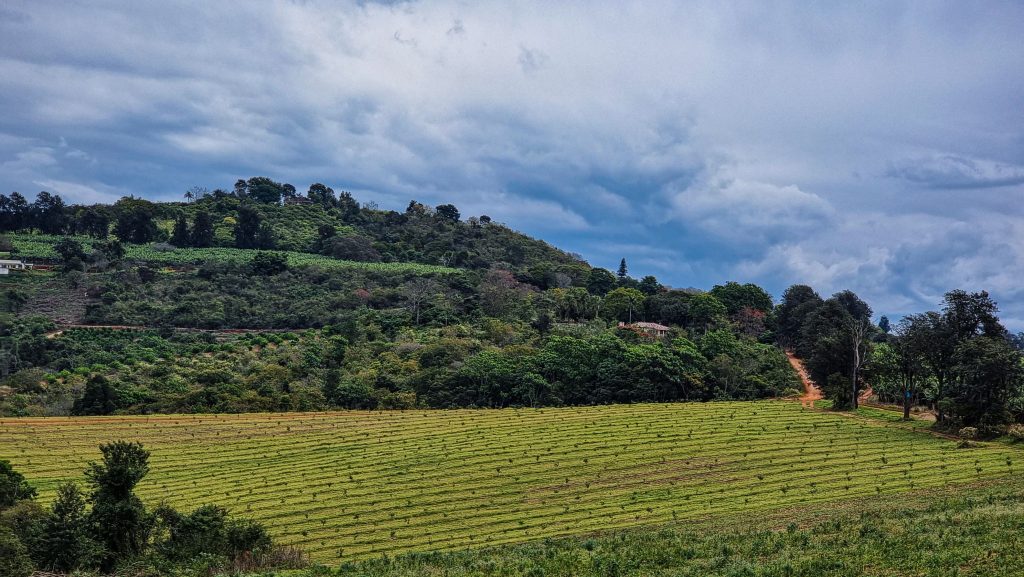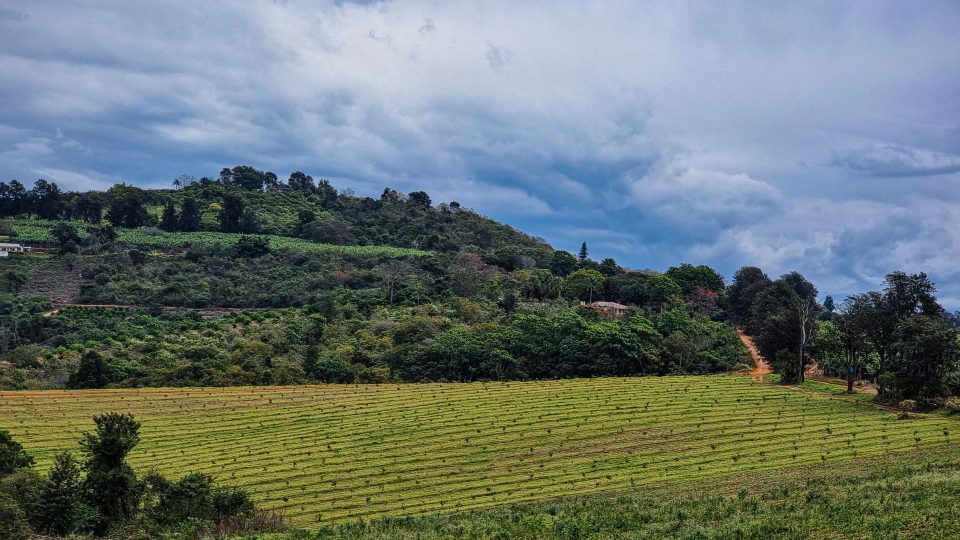
South Africa’s land reform programme holds immense potential to lift communities out of poverty and unemployment – provided that the land is put to productive use once transferred. However, for this potential to be realised, robust capacity building and effective governance structures are crucial to ensuring that land reform beneficiaries can profitably manage and sustain their assets.
Those are the views of the Vumelana Advisory Fund; anon-profit organisation that was established in 2012 to help communities in the land reform programme to put their land to productive use.
Vumelana highlights that the high failure rate of land reform projects often stems from a lack of skills, inadequate asset management, and limited understanding of basic administrative and governance principles. This in turn leads to challenges such as the dilapidation of properties and the misuse of resources.
According to the 2023/2024 Communal Property Associations (CPAs) Annual Report, there are a range of challenges being faced by land reform beneficiaries. These include non-compliance with the CPA Act and constitutional requirements, illiteracy among elderly members, poor administration by executive committees, internal conflicts and financial mismanagement, land invasions, and individual farming interests that overshadow collective goals.
These issues are further exacerbated by an absence of robust business models that separate land ownership from operational management while ensuring equitable benefit-sharing mechanisms for all members.
Despite these challenges, CPAs have the potential to become engines of local economic development; as CPAs are uniquely positioned to create jobs, foster entrepreneurship, and drive rural development, according to the 2023/2024 Annual Report.
Peter Setou, Chief Executive of the Vumelana Advisory Fund says, “While some of the challenges facing land reform beneficiaries are systemic, they are not insurmountable.”
He argues that capacity building, combined with strategic partnerships is essential to transforming land reform into a sustainable driver of social and economic development in the country.
In the 2023/2024 Annual Report, Minister for Land Reform and Rural Development Mzwanele Nyontsho notes that Communal Property Associations’ have the ability to lift members out of poverty and unemployment, if the land is managed properly.
“We will continue to put our efforts into catalysing the effectiveness of our CPAs through structured training and capacity building, and information sharing between successful and struggling CPAs,” says the minister in the Annual Report.
The Department of Agriculture, Land Reform and Rural Development notes that there are 1 707 registered CPAs, however the CPAs continue to grapple with non-compliance with the CPA Act. The Department reports that during the reporting period, 82% were found non-complaint with the provisions of section 11 and regulation 8 of the CPA Act – up from the 75% recorded during the 2022/23 reporting period.
Issues of non-compliance impact on the overall delivery of CPAs, as well on as their attractiveness to investors, who are needed for the provision of capital, skills development and skills transfer and generally enabling the community to put their land to productive use.
“It will take concerted and collaborative efforts to realise the potential of CPAs, and there has to be a fundamental shift in how CPAs are supported,” notes Setou.
In efforts to address some of the challenges faced by land reform beneficiaries Vumelana is developing comprehensive toolkits for CPA leaders to address capacity building challenges. These resources provide practical guidance on governance, administration and asset management to help CPAs manage their affairs more effectively.
“While capacity-building needs differ from community to community, this creates opportunities for diverse stakeholders to participate in supporting CPAs in unique ways,” says Setou.
He highlights that for land reform to deliver on its promise, the focus must shift from merely transferring land to empowering communities with the tools and resources they need to succeed. This should include capacity-building initiatives tailored to the unique needs of each community.
“In addition, focus should be placed on strengthening governance structures at CPAs and other communal property institutions; and on building trust between communities and private investors to enable the productive use of land through partnerships. Furthermore, there is a need to facilitate training that empowers CPAs to effectively implement business and operational models that separate land ownership from enterprise management. We have the solutions, and various organisations have done extensive research over the years – tested various models – and we now need to implement the capacity building models to address the challenges that CPAs continue to face. What we now need is implementation of these models at scale to realise the full benefits of the land reform programmes,” says Setou.
DID YOU KNOW?
Since 2012, Vumelana has facilitated 26 partnerships between land reform beneficiary communities and private investors through its Community Private Partnership Model (CPP).
Vumelana has been able to put approximately 70 000 hectares of land to productive use, benefiting in excess of 20 000 beneficiary households and attracting in excess of R1 billion in potential investments.
INFO SUPPLIED.


